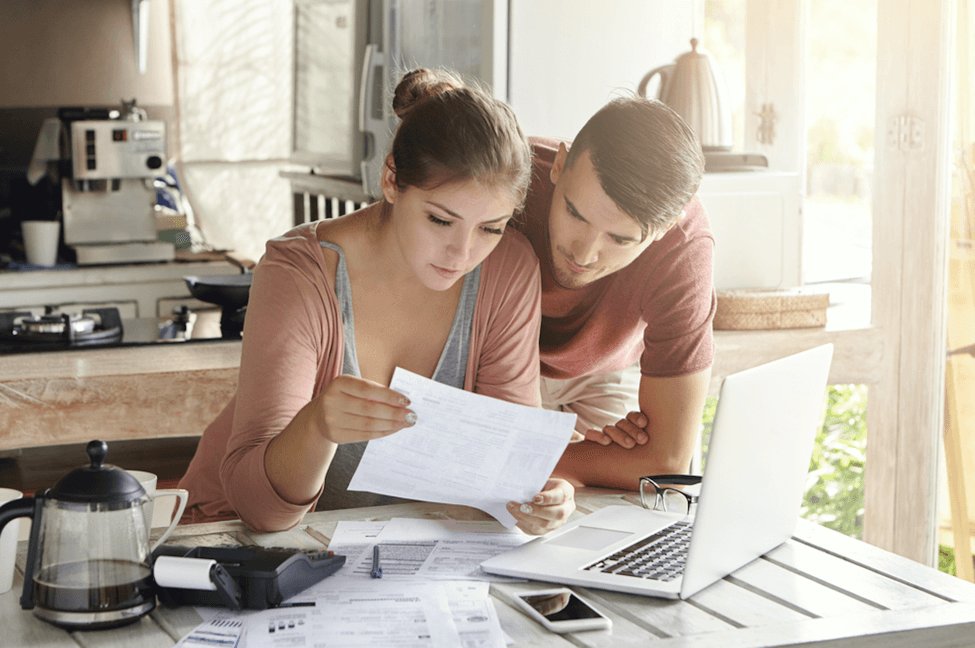Paying your credit card bills can involve a bit of strategy and forethought. You don’t just want to pay them on time—believe it or not, there’s more to it than that. The reasons to pay early are different from the reasons to avoid paying late. Keep reading to find out more.

Key Takeaways
- Paying your credit card bill early can lower your credit utilization ratio, boost your credit score, and free up available credit.
- Late payments may result in fees, increased APRs, and negative impacts on your credit history, even if the payment is only one day late.
- Setting up automatic payments and receiving alerts helps you stay on top of your bills and ensures you never miss a payment again.
What is a credit card billing cycle?
The credit card billing cycle refers to the duration between two successive billing statements, during which you can use your credit card to make payments and purchases. Generally, this cycle lasts for about 30 days, but the duration may vary based on your billing cycle start date and credit card issuer.
While the billing cycle is active, you can use your credit card to make purchases, up to your credit limit, which is the maximum amount you can borrow from the issuer. It’s crucial to monitor your expenses during this period since all your purchases will be reflected in your next billing statement.
Once the billing cycle is over, your card issuer will generate a billing statement which will showcase your purchases, payments, along with additional charges such as interest and fees. The statement will also include your minimum payment amount, which is the lowest amount you need to pay to avoid account penalties.
Typically, there is a grace period provided to credit card users, during which they can make purchases without incurring any interest charges, provided they pay their bill in full before the due date. However, if you pay less than the entire balance, you forfeit the grace period, and any purchases you make will be charged interest.
When is the best time to pay my credit card bill?
There is no one-size-fits-all answer to this question. The best time to pay your credit card bill can depend on when you get paid, how much cash you have available, and what other bills you need to cover.
If you can pay your credit card bill in full on or before the statement closing date, this is ideal and can help you improve your credit score. If you can’t pay your balance in full by the statement closing date, consider paying as much as you can to reduce the amount of interest you’ll be charged.
Additionally, if you get paid on a regular schedule, you may want to consider setting up an automatic payment to ensure your bill is paid on time each month. Doing so can also help you stay on top of your payments and avoid late fees.
If you have multiple bills to pay, it may be beneficial to make a budget and prioritize which bills you’ll pay first to ensure that you can cover all your expenses.
The Benefits of Paying Your Credit Card Bill Early
To answer this, we have to look at how a credit score is calculated.
- 35% is Payment History
- 30% is Credit Utilization
- 15% is Length of Credit History
- 10% is New Credit
- 10% is Credit Mix
Look at this from a ‘credit utilization‘ perspective.
Credit card issuers don’t necessarily report your credit card balance to the credit bureaus the day your bill is due. They may, but then again, they may not. It’s up to them.
You may have every intention of paying off your credit card balances at the end of the billing cycle. However, your credit score may be affected before then because of how much of your credit limit you are utilizing.
Instead of paying your credit card bill at the end of the billing cycle, you should pay off whatever amount you owe when the balance exceeds 30% of your available credit to avoid high credit utilization. This means you may need to make more than just the minimum payment.
Paying your credit card early frees up available credit on your account and helps you maintain a good credit score. So if anyone needs to check your credit scores or credit reports, they’re not going to see any dings from your ‘credit utilization’ category.
The Risks of Last-Minute Credit Card Payments
When you make a habit of not paying your bills until the last minute, life will undoubtedly get in the way at least a few times a year. Let’s be honest: bills aren’t exactly ever at the top of anyone’s mind.
When the game drags on a little too long, or you stay over at your parents’ for dinner longer than you intended, it can be easy to forget to pay your bills.
It may not seem like a big deal because the late payment won’t show up on your credit report until it’s more than 30 days late. But, there are other ways making a late payment can affect your credit score, keep reading to learn how.
Late Fees
Many credit cards nowadays charge late fees of $25 – $35. Not enough money to break the bank, but enough to make you grit your teeth for a second.
Before you shrug it off, remember those fees will be added to your statement balance. If you’re the type of person who doesn’t pay the entire balance each month, your fees will start accruing interest along with the rest of your credit card debt.
Let’s add it all up. Say you forget to make a minimum payment four times a year (it sounds like a lot, but for many people, this is a modest estimate). In one year, you’ll end up paying $140 in fees alone. In two years? $280. Five years? In five years, you will have paid $700 in fees alone. That’s a lot of money you’re losing.
Remember, they can charge you this fee even if you’re only one day late. Tack on interest charges to that, and it becomes truly cringe-worthy.
APR Increases
Other than fees, your credit card issuer may raise your card’s APR when you’re late. Most credit card companies have what they call a ‘penalty APR,’ which is commonly as high as 29.99% (or 15% higher than the standard APR). However, if you were enjoying a nice 0% introductory promotional APR and have a balance, your APR will suddenly become the standard APR, which is still about 15%.
So expect a higher interest rate in the future if you’re consistently late. All the more reason to pay off your credit card balance in full each month, and do so well before the payment due date. The last thing you want, after all, is an APR penalty in today’s world. Especially if all you have to do is log in and pay your bill!
Never Miss a Payment Again: Tips for Making Payments on Time
First and foremost, enroll in automatic payments. Many people don’t do this because they fear the ‘what-if’ scenario. However, missing a credit card payment can have serious ramifications.
As you saw above, a significant portion of your credit score is affected by your ability to pay bills on time. If you have a balance, you should always know what your next payment will be if you log on. So, plan ahead and know how much you can spend on those Friday nights while you’re out having fun with your significant other.

Text & Email Alerts
If possible, also sign up to receive texts or emails from your credit card issuers so you can monitor how much you’re spending. It’s easy to let your balance get away from you, so always stay on track of what you’re spending.
If you know going into the month that you’re only going to have a certain amount of money to throw at a balance, then make sure you don’t go over that amount.
Do this, and you’ll be able to establish that 30% threshold pretty easily. For example, if your credit card has a $5,000 credit limit, you know you can only spend $1,500 of that amount before your credit utilization ratio is affected. Receive those text alerts, and you’ll know when you have to stop using your card for the month.
If your credit card bill doesn’t coincide with when you get paid, you can call and request that they move the bill date. Do this, and the odds of you paying your bills on time will be better.
What can you do about credit card penalties?
This is a ‘squeaky wheel gets the oil’ kind of situation. Credit card companies can assign fees and raise APRs if they deem fit and are within their legal rights.
However, they can also just as easily remove those very same fees and APR increases. After all, just because a credit card issuer can do it doesn’t mean they have to do it. Real people are working for these credit card companies, not robots or algorithms, believe it or not.
Call Customer Service
Call and ask the credit card company to take the fee off. Yes, you read that right. Just call them and ask for them to remove it.
Don’t laugh. It actually works. If you have a good history with the creditor and your account or accounts are in good standing, try calling and requesting them to remove the late penalty fee.
Ask Them to Reset Your APR
You can also ask them to reset your card’s APR to its pre-penalty rate. It works far more often than you would think for borrowers whose records are clean. So, even if your history isn’t exactly spotless, still give it a try.
This tip has helped out plenty of people who have missed payments before. At the end of the day, your credit card company wants to maintain a good relationship with the public. There’s no guarantee they’ll do it, but there’s no guarantee that they won’t.




